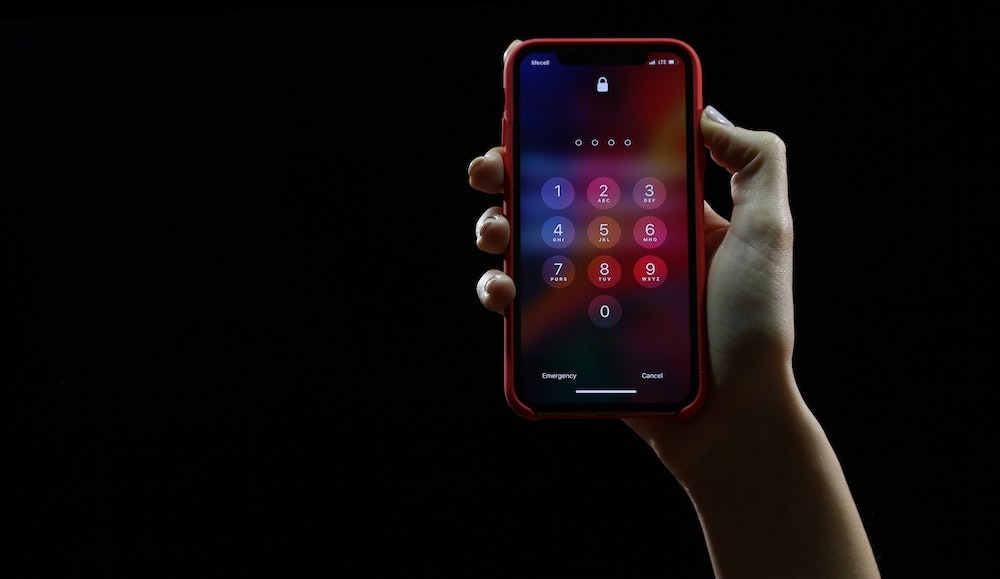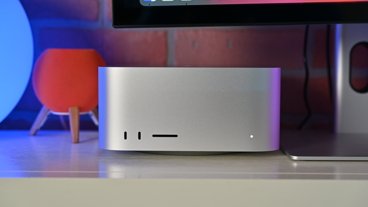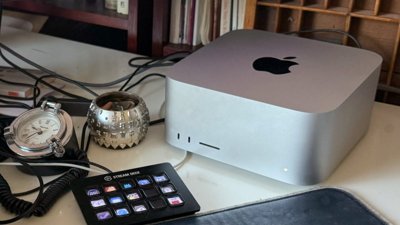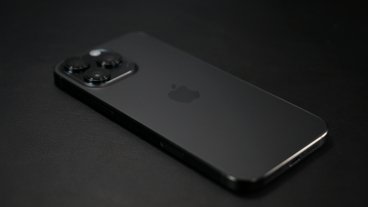Law enforcement agencies may be able to access data on locked iPhones more often than they're letting on, an analysis of hundreds of search warrants shows.
The debate surrounding encryption and the so-called "Going Dark" issue has been ongoing for years, even as law enforcement agencies inflate the number of devices they can't unlock while successfully extracting data from modern iPhones. The ambiguity makes it hard to draw firm conclusions about the situation.
An analysis of more than 500 iPhone-related search warrants and cases carried out by Motherboard shows that the situation is much more fluid than it would appear.
Of course, many law enforcement agencies are not able to access data on locked iPhones — but that's not always because of encryption. In many cases, small police departments don't have the necessary technological or financial resources to crack a device, while in other cases physical damage to an iPhone prevents any type of data extraction.
Motherboard's dataset shows that many law enforcement agencies, particularly ones at the federal level, are able to successfully extract data from even the most recent iPhones using digital forensics tools made by Grayshift and Cellebrite.
In a statement, an FBI spokesperson told the publication that "there is a wide disparity of capabilities that exists across the American law enforcement landscape." Sometimes, that disparity has led smaller law enforcement agencies to send devices off to federal facilities with access to advanced iPhone cracking technologies.
Out of the 516 cases that Motherboard analyzed, law enforcement officials were able to extract some type of data in about 295 of them. But even among smartphone search warrants that were marked as "executed" by police and federal authorities, the amount and level of data varied.
In some, but not all, cases, investigators were able to pull text messages, call records, browsing data, cookies and location data from smartphones. Using advanced extraction techniques that take more time and aren't always succesful, police may even be able to access encrypted messages in platforms such as Signal or Wickr.
And, of course, there's other data on an iPhone that police can access without local access to your device. Apple currently complies with government subpoenas or warrants to provide iCloud backups, which may contain certain pieces of sensitive information.
But most of all, Motherboard describes the situation as an "ebb and flow." Not every iPhone case that it analyzed resulted in data extraction. And going forward, there will likely factors that tip the balance one way or another, such as government legislation or Apple implementing stronger security measures.
Apple features like USB Restricted Mode have made it harder for law enforcement or forensics firms to access data, one insider confirmed to Motherboard. And Apple's tight control over both hardware and software makes it easier for it to make major changes like that in the future.
But actual "hacking" of local iPhone data is only one part of the broader encryption debate. In February, lawmakers pressed for new legislation that could threaten Apple's use of end-to-end encryption for systems like iMessage and FaceTime. Before that, government pressure may have caused Apple to change its mind about certain security features.
 Mike Peterson
Mike Peterson







-m.jpg)






 Christine McKee
Christine McKee
 Malcolm Owen
Malcolm Owen

 William Gallagher
William Gallagher



 Wesley Hilliard
Wesley Hilliard



-m.jpg)




11 Comments
I get it, most law enforcement agencies aren't as clueless as they let on, they're just impatient.
And Apple isn't as secure as they claim, but they're trying.
Once governments get workable quantum computers, encryption will be meaningless.
If the feds had absolutely no way of cracking iPhones they’d be waterboarding Tim Cook until he ordered his team to put in a back door.
I remember reading a few years ago how one police departments server crashed and they lost everything. They had no backups, so all active cases/charges had to be dropped.
We tend to think of the police as one monolithic organization, but it is not. Not only does police corruption very widely, but so does their capabilities and training.
About a year ago, I watched a video on prisons in Germany. They also discussed how they do things differently. All police are trained in a central location, and are trained in deescalation. The prisons are focused on rehabilitation and not punishment.
The differences are striking, individuals killed by police are 100x less (adjusted by population) and relatively few people are incarcerated.
One thing odd about America is our inability to observe someone/something else, and improve. When we were taking our firsts steps down universal healthcare... my thought was WTF are we doing? We didn’t look to what was working elsewhere, and seek to improve on it. We instead asked our insurance and healthcare companies. If anyone hasn’t noticed, our rates have skyrocketed...
We might want to look outside the USA on the encryption debate also...